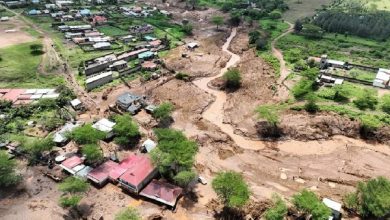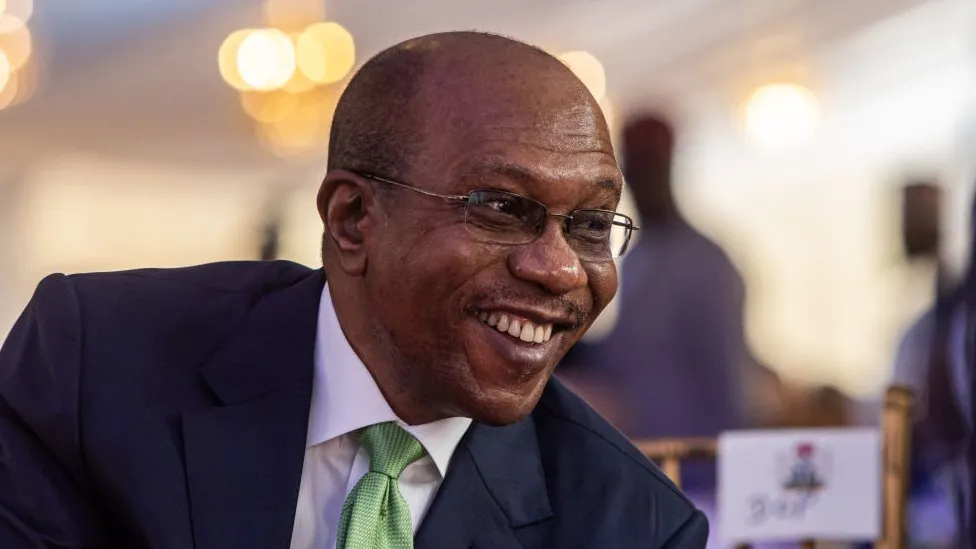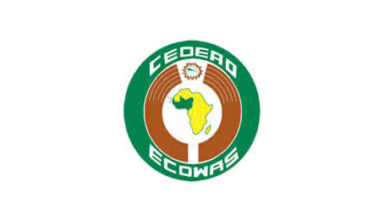World Bank scraps Doing Business rankings

The World Bank says it is scrapping its flagship Doing Business publication, citing “data irregularities” in recent editions of the global business climate index.
An independent investigation document released Thursday (16 September) found that Kristalina Georgieva, who served as the bank’s chief executive officer from 2017 to 2019 and is now the managing director of the International Monetary Fund (IMF), applied “pressure” to have China ranked more favourably.
In a statement after the release of the report, the World Bank said, “After reviewing all the information available to date on Doing Business, including the findings of past reviews, audits, and the report the Bank released today on behalf of the Board of Executive Directors, World Bank Group management has taken the decision to discontinue the Doing Business report.
“The World Bank Group remains firmly committed to advancing the role of the private sector in development and providing support to governments to design the regulatory environment that supports this. Going forward, we will be working on a new approach to assessing the business and investment climate.”
The statement added, “We are deeply grateful to the efforts of the many staff members who have worked diligently to advance the business climate agenda, and we look forward to harnessing their energies and abilities in new ways.”
The concerns about data manipulation relate to the 2018 and 2020 editions, and they reportedly focused on China, Azerbaijan, the United Arab Emirates, and Saudi Arabia. The bank paused the annual rankings last year as the issues emerged.
In 2020, Saudi Arabia was named the top improving economy, despite signs of sharp repression, including the killing of journalist Jamal Khashoggi. China was also among the top 10 most improved countries.
The investigation noted that a senior staff member had changed Saudi Arabia’s data to “reward” the country. It also said that Georgieva “became directly involved in efforts to improve China’s ranking.” This included her encouraging changes to the methodology used for the ranking.
The investigation indicated that Georgieva saw this as key to keeping in Beijing’s good graces, thanking one official involved in the process for doing his “bit for multilateralism.”
The investigation noted specific “pressure” applied by the then-CEO and her adviser to make “specific changes to China’s data points in an effort to increase its ranking at precisely the same time the country was expected to play a key role in the Bank’s capital increase campaign.”
The investigation also noted that pressure was applied by the office of the president, “presumably at the direction of President [Jim] Kim, to change the report’s methodology in an effort to boost China’s score.” Kim was the bank’s president from 2012 to 2019.
The independent investigation, conducted by international law firm WilmerHale, built on the earlier work of the bank’s ethics and business conduct office. It entailed a review of some 80,000 bank documents and interviews with more than three dozen current and former bank employees. The findings are “those of WilmerHale alone,” the report noted.
The bank’s annual ranking system has been highly influential, shaping policies in developing and emerging markets as countries sought to move up the index.
However, critics have long argued that the report promotes low-tax systems, deregulation, and liberalization policies, prioritizing multinational business interests over other concerns such as human rights, development, and the environment. One academic said it encouraged a “race to the bottom.”





